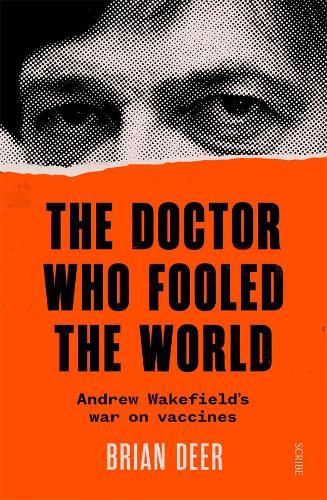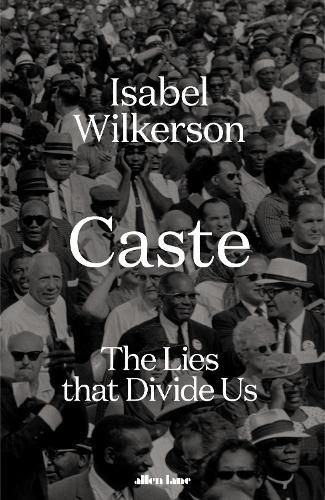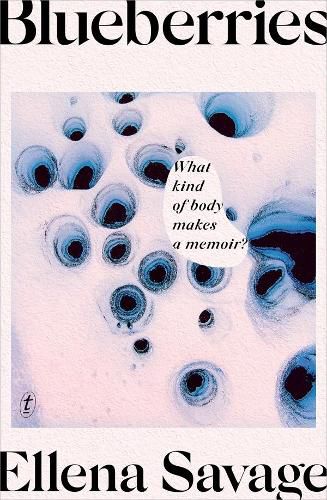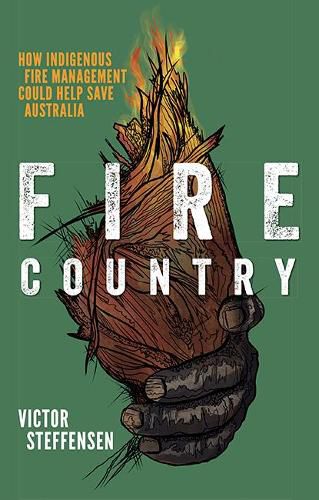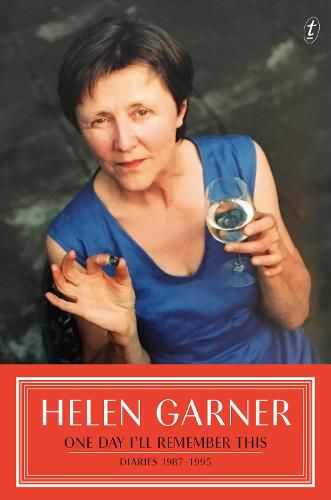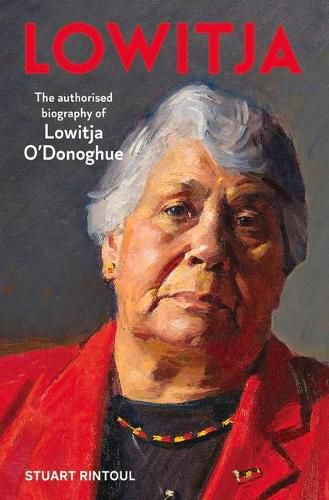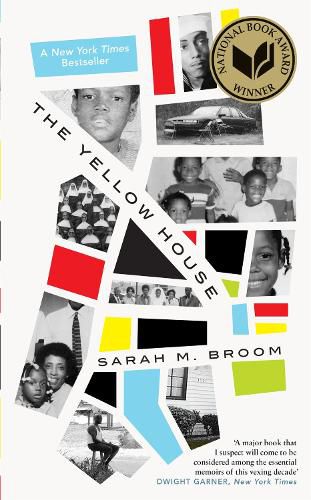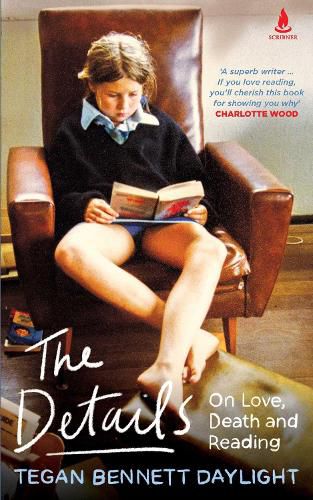The best non-fiction books of 2020
Every year our staff vote for their favourite books and music of the past 12 months. Here are our top 10 non-fiction books of the year, voted for by Readings’ staff, and displayed in no particular order.
(You can find all our best picks for books and music here.)
Humankind by Rutger Bregman
Dutch historian and author Rutger Bregman looks back over thousands of years of history to offer a view of humanity’s innate capacity for kindness and, in doing so, demonstrates how this radical new perspective can act as the foundation for achieving true change in our society. Thought-provoking and endlessly fascinating, Humankind is a book to change hearts and minds.
The Details by Tegan Bennett Daylight
The Details is an enthralling essay collection from acclaimed Australian author Tegan Bennett Daylight. Blending together personal memoir and literary criticism, Daylight shares missives from her years as a writer, critic, teacher and reader, revealing the myriad of ways that literature informs her life. Daylight writes with honesty, humour and warmth, and her observations will delight and inspire booklovers everywhere.
The Yellow House by Sarah M. Broom
Sarah M. Broom won the National Book Award for Nonfiction for this ambitious and haunting work. The Yellow House is a memoir of a hundred years of Broom’s family and their relationship to home in a neglected area of one of America’s most mythologised cities: New Orleans. Her telling touches on racist policies, internalised shame, and the immense impact of Hurricane Katrina, and stands as testament to the unrepresented stories of the iconic city.
Lowitja by Stuart Rintoul
Stuart Rintoul tells the remarkable story of activist and Yunkunytjatjara woman Lowitja O’Donoghue. A member of the Stolen Generations and a prominent figure in Australian public life, O’Donoghue’s personal life intersects with key moments in the nation’s history and provides unique insight into its political machinations. Rintoul worked closely with her in the writing of this biography, and the result is an informed and engaging read.
One Day I’ll Remember This by Helen Garner
In this second volume of Helen Garner’s diaries, the iconic writer provides intimate insight into her life and writing process. Garner’s whip-smart, fiercely candid and incisive prose crackles on the page as she charts a tumultuous period in her life, from a feverish love affair to the publication of The First Stone and the controversy that followed. A compulsive, engrossing and revealing read for anyone attempting to live a creative life.
Fire Country by Victor Steffensen
Indigenous land management expert Victor Steffensen eloquently argues for the revival of Indigenous fire practices in this vital book. Part memoir and part testament to the cultural and ecological knowledge kept alive by this country’s First Nations people, Fire Country is a passionate and persuasive argument for Australians to think differently about their responsibility to the land on which they live – and to take action.
A Life on Our Planet by David Attenborough
A Life on Our Planet is Sir David Attenborough’s clarion call to save the planet. Having bore witness to the devastation wrought by the climate crisis, he now looks to the possible futures that await humanity. His perspective is realistic but not without hope, and includes reference of possible scientific solutions to reverse the planet’s decline. An urgent wake-up call for us all.
Blueberries by Ellena Savage
Ellena Savage has produced a work that defies easy categorisation with Blueberries. A blend of personal essay, polemic, prose poetry, true-crime journalism and confession, this highly original book poses challenging questions and forces the reader to engage critically with the ideas it explores. Savage’s voice is at once sardonic and ardent, tender and vicious, wry and vulnerable – and guaranteed to get under your skin.
Caste by Isabel Wilkerson
In this influential and provocative work, Pulitzer Prize-winning author Isabel Wilkerson reveals how human society has been shaped by a rigid and largely unacknowledged caste system – one that continues to operate and divide people around the world today. Drawing comparisons between America, India and Nazi Germany, Caste is an eye-opening examination of what lies behind the surface of ordinary life that will cause readers to reconsider what they thought they knew.
The Doctor Who Fooled the World by Brian Deer
Investigative journalist Brian Deer played a key part in uncovering one of the most damaging medical conspiracies of our time – that of the now-disgraced British doctor Andrew Wakefield’s fake studies showing a link between vaccinations and autism. This is a gripping true detective story that reads like a thriller, with an impact on the real world that will leave you as chilled as any Stephen King novel.



